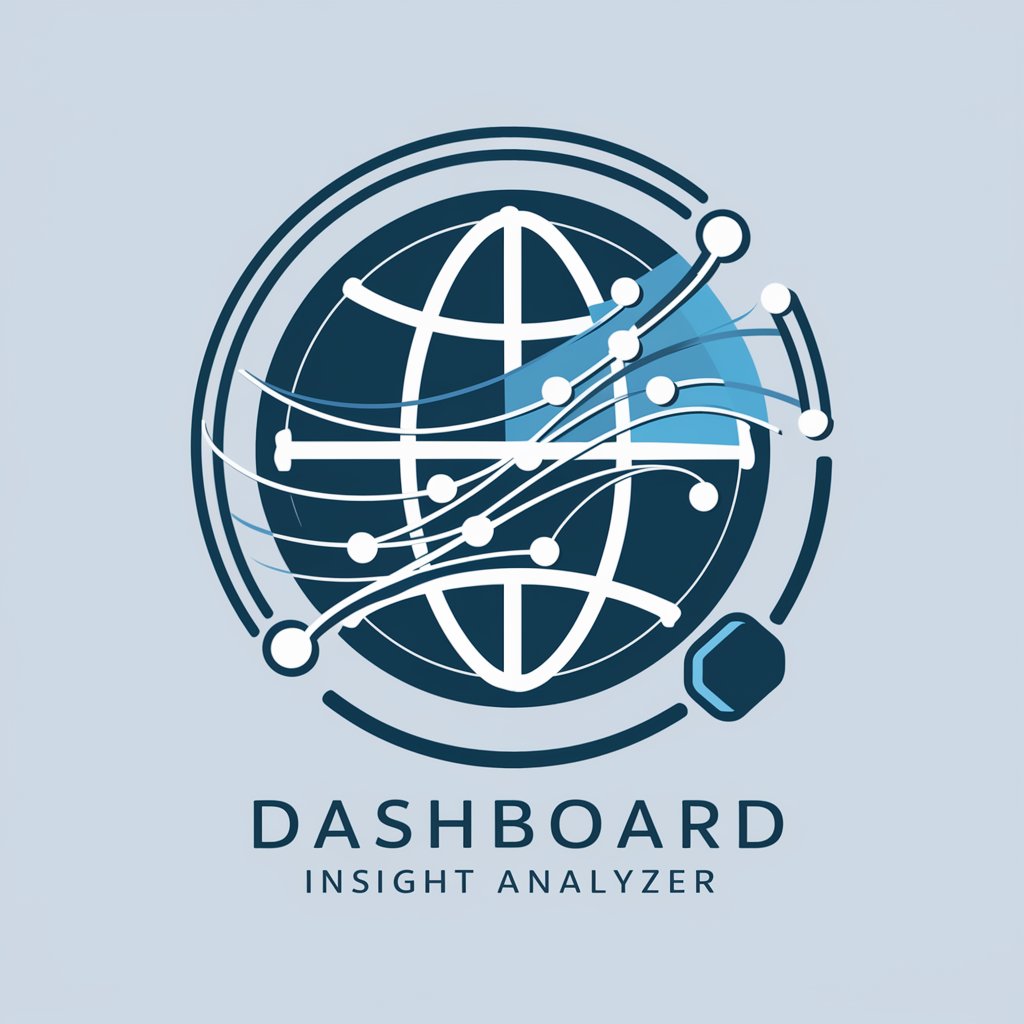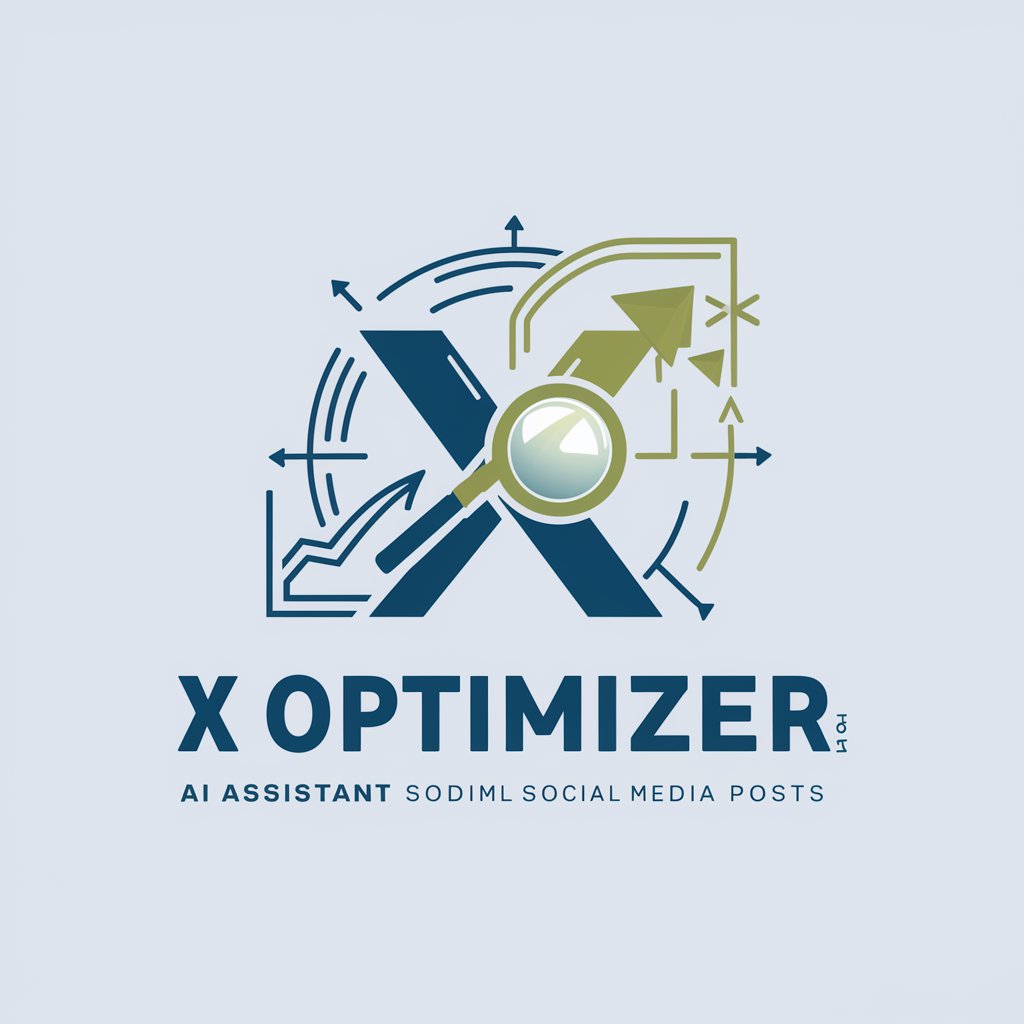Literature Reviewer (RDS Team) - Expert Literature Analysis

Hello
Revolutionizing Research with AI-Powered Insights
Get Embed Code
Overview of Literature Reviewer (RDS Team)
Literature Reviewer (RDS Team) is a specialized tool designed for conducting thorough, detailed literature reviews and program evaluations within academic research contexts. It efficiently processes academic and research documents, offering comprehensive summaries, engaging in interactive Q&A about the research, and crafting extensive literature reviews with appropriate citations. An example scenario could be analyzing a research paper in social sciences. Literature Reviewer would digest the paper, provide a summary including study findings, methodology, and rate the study quality based on What Works Clearinghouse Standards. This facilitates deeper understanding and application of the research in further academic or policy-making contexts. Powered by ChatGPT-4o。

Key Functions of Literature Reviewer (RDS Team)
Summarize Research
Example
For a complex medical study, Literature Reviewer would extract a concise summary, list authors and their affiliations, detail key findings, and evaluate the study's methodology and quality. This would aid a health policy analyst in quickly grasping the study's relevance and rigor.
Scenario
Used by health policy analysts to quickly understand new medical research.
Interactive Q&A
Example
In a scenario where a user has queries about a specific educational research paper, Literature Reviewer can engage in a detailed discussion, clarifying concepts, methodologies, and findings solely based on the content of the paper.
Scenario
Utilized by educators or students seeking deeper understanding of specific research areas.
Draft Comprehensive Literature Reviews
Example
For a policymaker considering new educational policies, Literature Reviewer can draft a literature review of relevant educational research, integrating multiple sources, and providing a synthesized overview with citations in the required format.
Scenario
Applied by policymakers or researchers in drafting evidence-based policy documents or research papers.
Target User Groups for Literature Reviewer (RDS Team)
Academic Researchers
Ideal for scholars and students in universities who need to conduct literature reviews for their research projects, theses, or dissertations. They benefit from the tool's ability to analyze, summarize, and provide insights on a wide range of academic papers.
Policy Analysts
Useful for government or NGO policy analysts who need to base their recommendations on rigorous academic research. Literature Reviewer helps them integrate findings from multiple studies into coherent policy documents.
Program Evaluators
Beneficial for professionals evaluating the effectiveness of educational or social programs. The tool's capability to assess study quality and provide a comprehensive review of relevant literature assists in making informed decisions about program implementation or modification.

Guidelines for Using Literature Reviewer (RDS Team)
1
Visit yeschat.ai for a complimentary trial, accessible without the necessity of logging in or subscribing to ChatGPT Plus.
2
Upload academic research or program evaluation documents to the tool for analysis.
3
Select from three key functionalities: summarizing research, engaging in Q&A about the research, or drafting a literature review.
4
Utilize the 'summarize' function for concise overviews, 'Q&A' for interactive discussion, or 'draft review' for comprehensive literature reviews with citations.
5
For optimal results, provide clear and specific queries or guidelines related to the academic research or program evaluation you are exploring.
Try other advanced and practical GPTs
Athena
Empowering your learning journey with AI.

Dashboard Insight Analyzer
Transforming Data into Decisions with AI

TripPlanner GPT
Your AI-Powered Journey Designer

Psyche DreamWeaver
Unlock the secrets of your dreams with AI

Power Query Code Analyst
Deciphering Power Query with AI

Coach Buddy
Empowering every child in team activities.

X Optimizer GPT
Optimize your posts with AI-driven insights

Pixel Compressor
Effortlessly Compress Images with AI Precision

Lowpi - Laptops
AI-powered laptop matchmaking

FindVC
Streamlining your venture capital journey with AI

Interview Ace
Tailoring Your Interview Success with AI

SEO Consultant
Elevate Your SEO with AI-Powered Precision

Frequently Asked Questions about Literature Reviewer (RDS Team)
What types of documents can I upload for analysis?
Literature Reviewer (RDS Team) is designed to analyze academic research papers and program evaluation documents, focusing on their methodology, findings, and overall quality.
How does the 'draft review' function work?
The 'draft review' feature allows you to get a comprehensive literature review of the uploaded document, including citations and a detailed analysis of the research's context and implications.
Can Literature Reviewer (RDS Team) compare my research to similar studies?
Yes, it can identify similar and opposing research by browsing the web, providing a broader context to your study.
Is this tool suitable for non-academic purposes?
While primarily designed for academic research and program evaluation, it can also be used for in-depth analysis of reports and papers in various professional fields.
How accurate is the summary provided by the tool?
The tool provides highly accurate summaries by closely analyzing the content of the document, focusing on key findings, methodologies, and the overall quality of the research.
